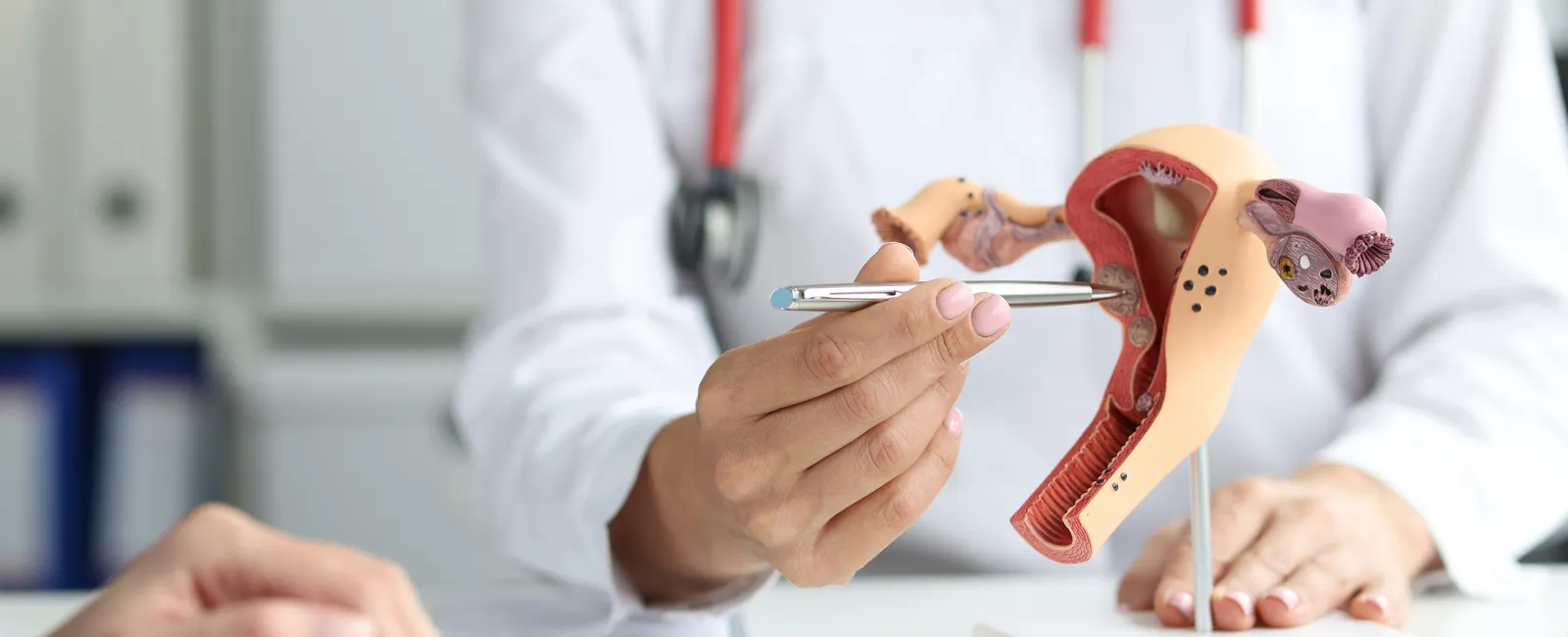When thinking about gynecologists, most people think of adult women going in for an annual exam or a routine checkup. We don’t usually think of children’s gynecology or pediatric OB-GYNs, but gynecologists frequently help babies, children, and young teens, too.
All gynecologists are trained in obstetrics, the specialty specifically relating to pregnancy from pre-natal care to post-natal care. But gynecology as a whole is the specialty of caring for the reproductive health of women — young girls, children, and babies included. Some take their training even further and specialize in caring for children and adolescents only.
What is Children’s Gynecology?
Children’s, also called pediatric, gynecology is specifically intended to treat children and young teens for a wide range of reasons.
What are some common reasons for children to see a gynecologist? Maybe a baby is born with reproductive abnormalities, labial adhesions, a fusing of the vaginal lips, or an underlying bleeding disorder. Also, some conditions that are hereditary, such as ovarian cysts, need to be monitored closely and more frequently.
However, not all reasons for visiting a pediatric gynecologist are catastrophic or as serious as the reasons listed above. There are myriad other reasons to see a gynecologist:
- Preventive care. This is important, especially if there is a family history of cancer or other hereditary diseases.
- Menstruation. If it’s been more than three months since your child’s last period, they’ve been bleeding for more than two weeks, their period is irregular or painful, or they still haven’t started their period and it’s been more than three years since their breasts began developing.
- Sexual activity. If your child is sexually active or is sexually active and missed a period, it’s a good idea to prioritize gynecological care.
- Pain or abnormalities. If your child has stomach pain and fever accompanied by discharge that has a strong smell and is green or yellow, which can be a symptom of pelvic inflammatory disease, gynecological care is incredibly important.
Children’s Gynecology Services
Following are some of the key services pediatric gynecologists offer:
- Comprehensive well-woman care – a physical which includes a pelvic exam
- Contraceptive services – discussing different birth control options
- Help for menstrual abnormalities – diagnosing and treating irregular periods
- Treatment of chronic pelvic pain – diagnosing and treating pain as well as preventative care
- Reproductive health visits – pain, irregular periods, fibroids, reproductive challenges, etc.
- Surgical care for adnexal, vaginal, uterine, and perineal abnormalities
- Laparoscopy for endometriosis, which is when the uterine lining grows outside of the uterus and attaches to other pelvic organs
- Ovariectomy – the removal of one or both ovaries due to abnormalities
When to Make Your Child’s First Gynecologist Appointment?
The answer varies, but the general consensus among medical professionals is that young women should make their first gynecologist appointment between 13 and 15, regardless of whether they’ve begun menstruating or are sexually active.
While age was set by The American Congress of Obstetrics and Gynecology and the North American Society for Pediatric and Adolescent Gynecology because the average age for girls to be menstruating is around 12, it’s important to schedule an appointment as soon as you know that period has begun.
What to Expect at Your Child’s First Gynecologist Appointment?
The first gynecological appointment can cause some anxiety, especially in young and pediatric patients. That’s perfectly normal! The first appointment usually doesn’t involve an internal pelvic exam and serves as more of a general physical exam, which includes taking vitals like weight, height, blood pressure, etc. It also acts as a starting point for building a relationship between your daughter and her doctor.
The doctor will get the patient and family history and find out about any relevant lifestyle choices your daughter is making. If she’s already sexually active, her gynecologist may want to start her on birth control or discuss the HPV vaccine. The first visit can feel scary or daunting, but talking to your child about what to expect and letting her know the doctor is there to help her and answer her questions will help calm her nerves.
Gynecological care doesn’t need to wait until your child is in high school or college. The best and most comprehensive care plans begin with pediatric and children’s care. Seeing a gynecologist is just as important to the health of your child as all the regular checkups she had growing up. Taking your child to a specialist in women’s health helps protect and maintain the health of her reproductive system for years to come.
For more information on pediatric gynecology, give us a call at 678-201-1283 and one of our patient coordinators can help. You also have the ability to schedule an appointment with one of our OB-GYNs online. We look forward to helping you and helping your children stay healthy!
